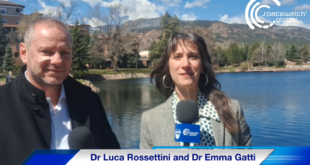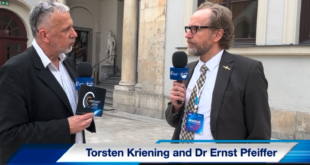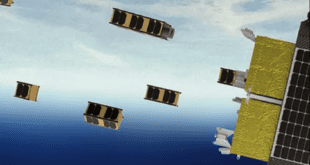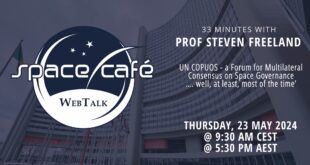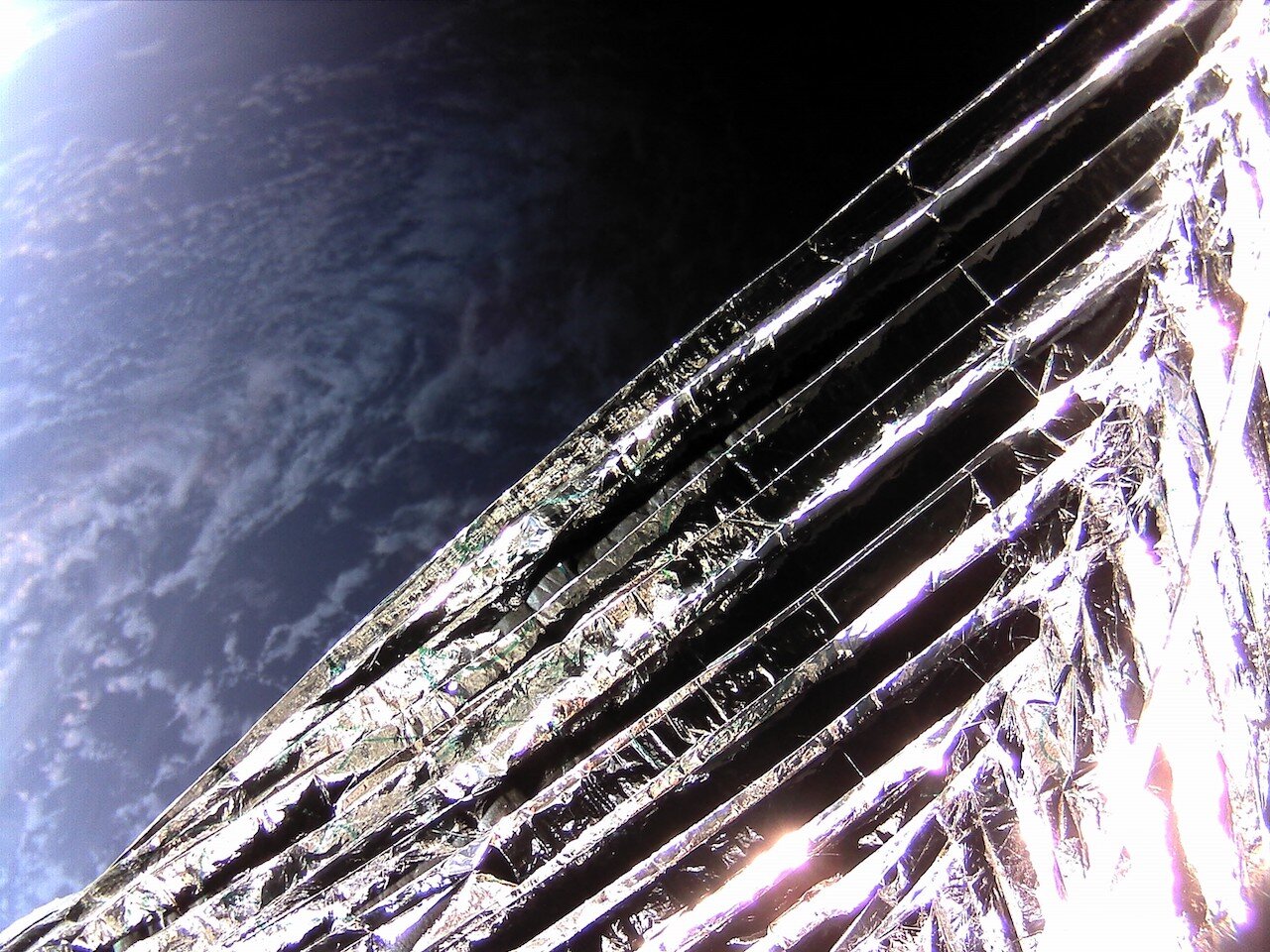
Ibadan, 1 May 2024. – After around twelve years of development, several zero-G parabolic campaigns and a first test flight with Rocket Lab, HPS launched the current IOV flight of ADEO with D-Orbit on the Italian space company’s ION platform. The current flight data and the orbit and position calculations based on it are now available and they show ADEO has been steering its satellite safely towards Nirvana without a scratch since it deployed the deorbit brake sail.
ADEO, the only brake sail of its kind in the world for the multiple accelerated return of decommissioned satellites, is available from HPS in various designs depending on the size and weight of the spacecraft in question. Series production ensures that standards always remain the same.
In this case, it is the smallest version with a weight of less than one kilo, dimensions of only 10x10x10 centimetres³ and a sail area of 3.6 square meters. The brake sails of the ADEO product family are also NASA’s number one in this technology category for deorbit solutions. Furthermore, it fulfils the new regulations for the 5-year deorbit after the end of the mission and is also a prerequisite for approval for launch.
The ADEO subsystem is a scalable drag augmentation device that uses the residual Earth atmosphere present in Low Earth Orbit (LEO) to passively de-orbit satellites of sizes between 1 to 2000 kg. The satellite deploys a large surface which multiplies the drag effect of the satellite´s surface significantly. In addition, the drag augmentation device does not require any active steering and can work for passive attitude stabilization, thereby making it also applicable for non-operational and tumbling spacecraft. The passive ADEO subsystem also requires neither extra propulsion nor an engine, making it lighter than most active subsystems.


